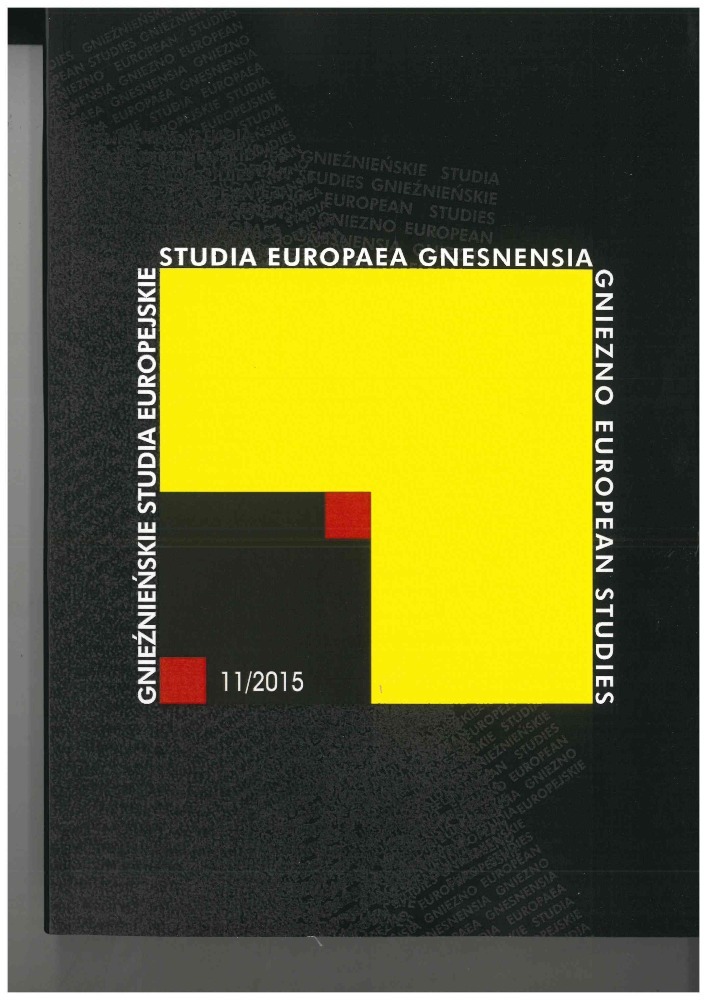Abstrakt
Jews from Central-Eastern Europe play a significant role in the formation of individual and social self-awareness in the Jewish world. It seems that in the Jewish world there exists a polarised approach to the Jews from this part of the world. On the one hand, there is pride, on the other, prejudice verging on shame. Some Jews have identified themselves with the group, others did the opposite, denied having anything to do with them. The most important question of our analyses is: what is the role of Eastern European Jews in building Jewish collective identity? Byron Sherwin, an American Jew, is an example of a great fascination with the Yiddish civilisation. Not only does he recognize and appreciate the spiritual legacy of Jews in Poland for other Jews around the world, but also accords this legacy a pre-eminent status in the collective Jewish identity. At the same time, he is conscious of the fact that not all Jews, if only in the United States, share his view. It is an upshot of the deep prejudice towards the life in the European Diaspora, which has been in evidence for some time. The same applies to the Jews in Israel. The new generations see the spiritual and cultural achievements of the Eastern European Jews as a legacy that should be learned and developed. This engenders hope that the legacy of the Jews of Eastern Europe will be preserved and will become a foundation of identity for future generations.
Bibliografia
Bańko M. (ed.), Słownik języka polskiego, 1-5, Warszawa 2007.
Davidovitch N., Soen D., Szczerbiński W., The Future of Remembrance and of Holocaust Commemoration Enterprises, [in:] W. Szczerbiński, B. Lampkowski (eds.), Żydowski obraz Polski. Polski obraz Żyda, Poznań-Gniezno 2012, pp. 97-122.
Kriwaczek P., Yiddish Civilisation, New York 2005.
Segev T., Siódmy milion, Warszawa 2012.
Sherwin B.L., Duchowe dziedzictwo Żydów polskich, Warszawa 1995.
Smoleński P., Izrael już nie frunie, Wołowiec 2011.
Szwed R., Tożsamość a obcość kulturowa, Lublin 2003.
